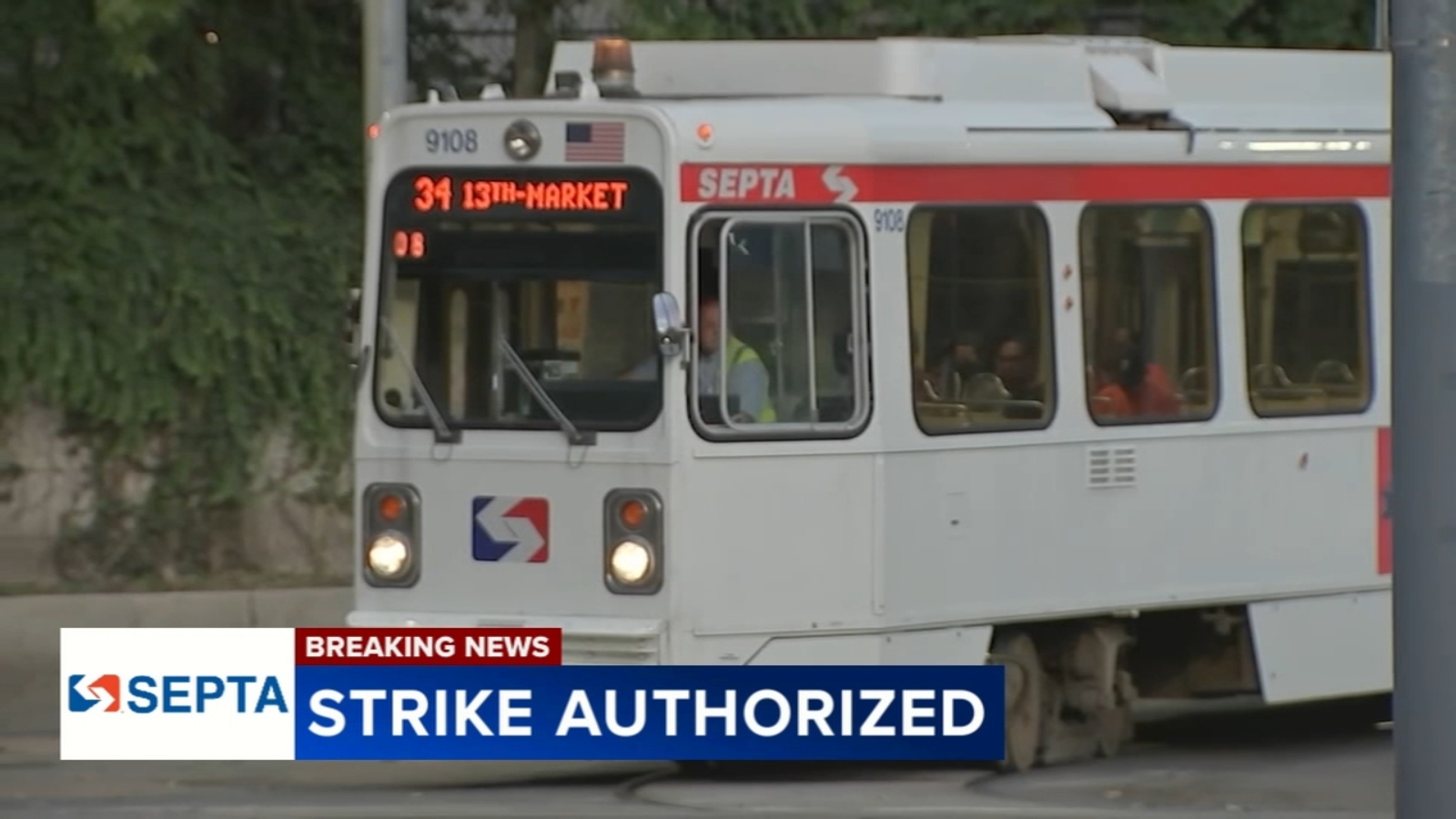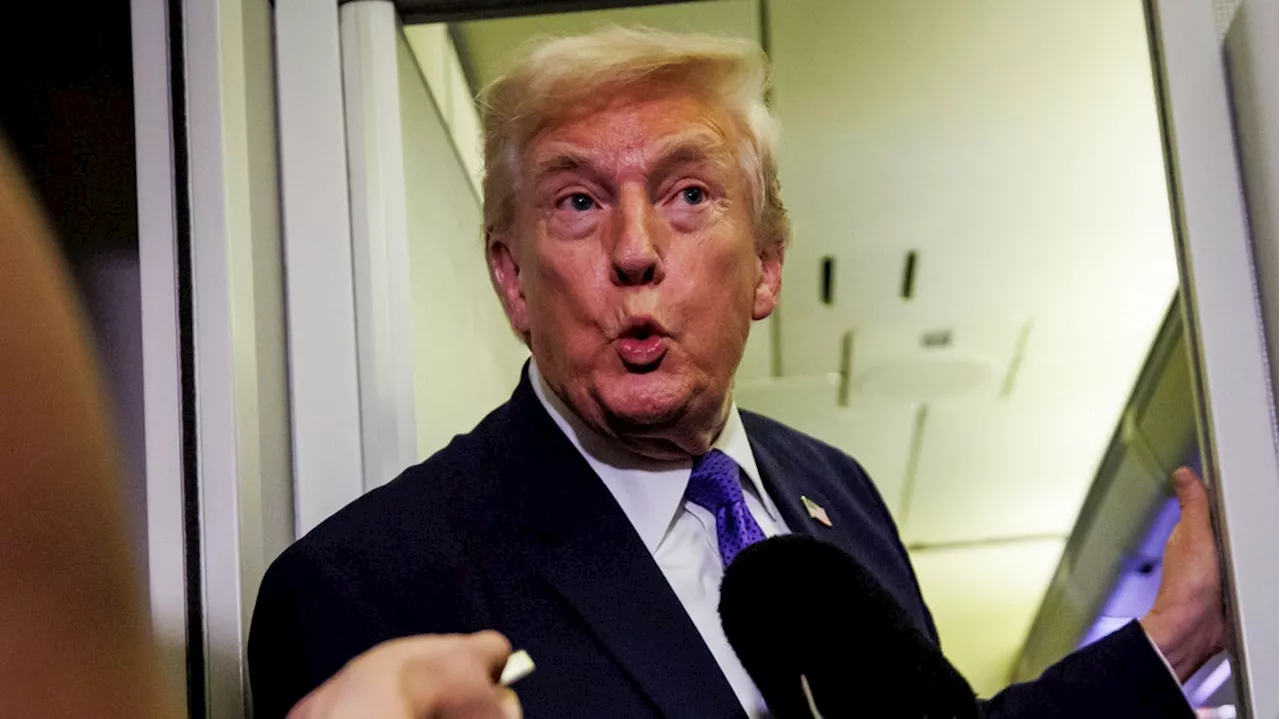Unionized workers of the Southeastern Pennsylvania Transportation Authority (SEPTA) have voted to authorize a strike as contract negotiations continue. The vote includes employees responsible for operating buses, trains, and trolleys across Philadelphia. Although the decision reflects the workers’ readiness to strike, it does not imply that immediate action will occur.
According to a spokesperson for the union, the Transport Workers Union (TWU) Local 234, a strike remains a last resort. The union hopes to reach an agreement without resorting to such measures. In response to the authorization vote, SEPTA issued a statement emphasizing their commitment to ongoing negotiations.
Negotiations Continue
“SEPTA and TWU Local 234 are actively engaged in negotiations on a new contract,” the statement said. “The talks have been productive and are scheduled to continue.” SEPTA acknowledged the strike authorization vote, describing it as a standard part of the negotiation process.
The transit authority highlighted its dedication to achieving a contract that serves the interests of both employees and the public. “We are committed to continuing to engage in good-faith negotiations,” the statement added, stressing the importance of reaching an agreement that is fair to both workers and the taxpayers who fund the transit system.
The union plans to meet with SEPTA for further negotiations on September 5, 2023. Union representatives and transit officials will discuss various contract terms, including wages, benefits, and working conditions. The outcome of these discussions will determine whether the strike authorization will lead to actual job action or if an agreement can be reached.
As the situation develops, both SEPTA and TWU Local 234 remain focused on finding a resolution that avoids disruption to public transportation services in Philadelphia. The potential for a strike underscores the ongoing tensions surrounding labor negotiations in the public transit sector, highlighting the challenges faced by both workers and employers in the current economic climate.







